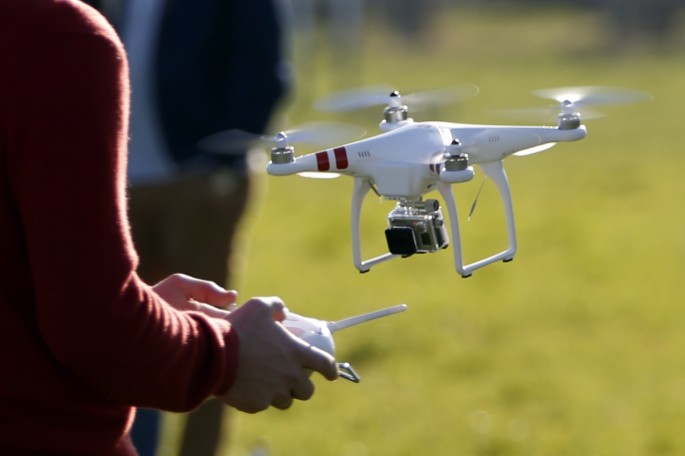With Chinese counter-terrorism efforts continuing despite significant difficulties, drones are eyed as the solution to the deficiencies of intelligence work.
On July 3, the PLA Air Force deployed an unmanned aerial vehicle (UAV) in Xinjiang to assess the effects of a 6.4-magnitude earthquake which killed six people, according to Duowei.
That was the first time a drone was utilized in a disaster relief mission and that the outcome was promising as it provided "a timely understanding of disaster relief needs," said PLA Air Force spokesperson Shen Jinke.
This opens the possibility of a potential counter-terrorism application of drones through the collection of real-time intelligence on the ground that could enhance the capabilities of the Public Security Border Control Troops (BCT).
In a report by Want China Times, citing a July 2 China Brief from the Washington-based research institute Jamestown Foundation, the country's first line of defense in Xinjiang Uyghur Autonomous Region is the BCT.
The region is home to the indigenous ethnic Uyghur population, which has witnessed perennial clashes security forces since the 1990s.
Furthermore, the report explains that the primary and current strategy of the BCT is inefficient, as the Xinjiang region's huge area makes it significantly difficult for the troops to cover all entry and exit points.
The current approach is characterized by ground operations that cooperate with the locals and stringent inspections implemented at border crossings.
Locals have been lending support through the formation of the Masses' Border Control Unit, composed of 17,000 people residing along the border and accompanying BCT units.
Beijing sees the Uyghur ethnic group as the perpetrators of several terror attacks in recent years. Most of the people in the group are Muslim and considered assaults as essential to their self-identity.
In 2009, large-scale ethnic violence occurred in the regional capital Urumqi, killing some 200 people, most of them Han Chinese.



























